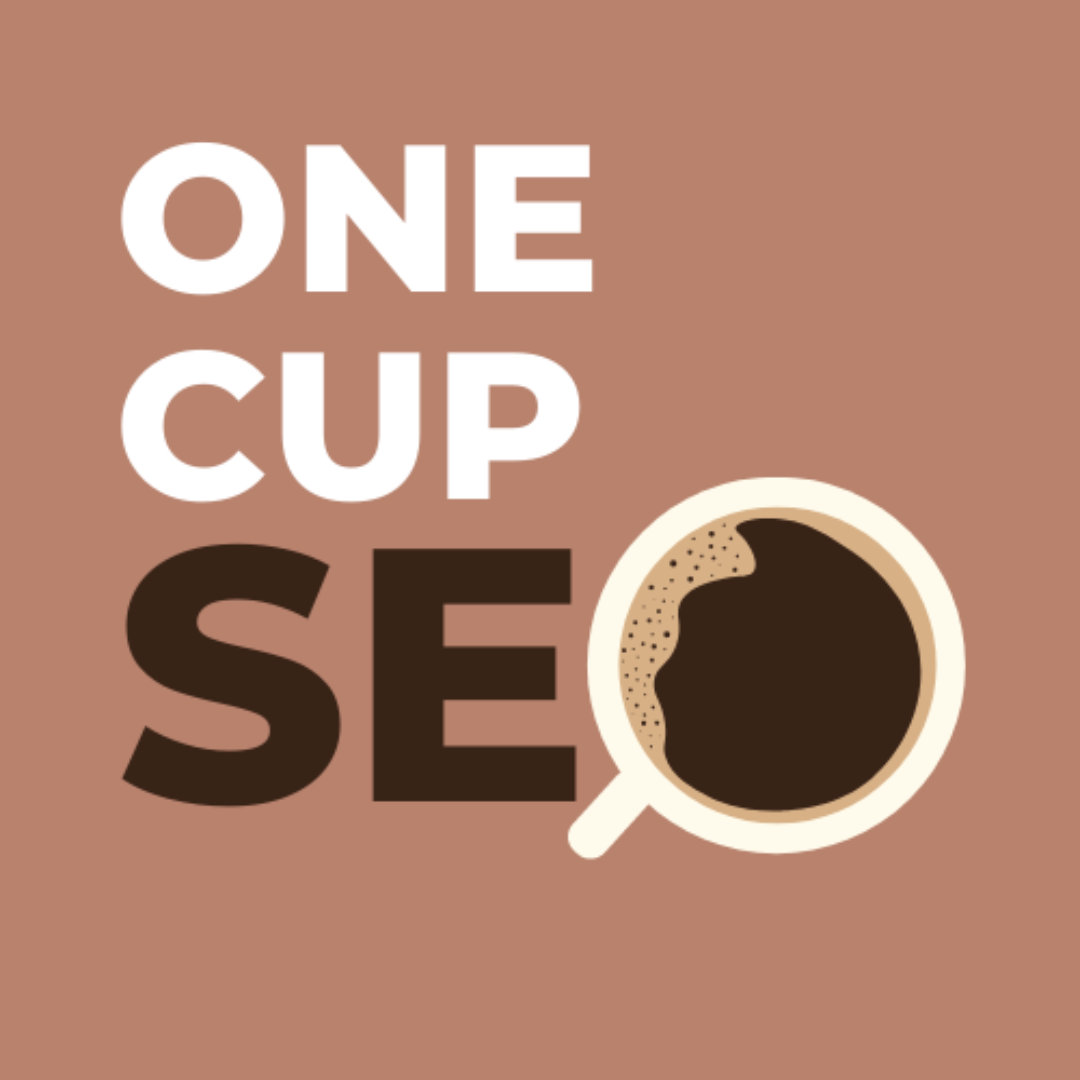Imagine reaching thousands of potential customers with just a few clicks, or turning a small local business into a global brand overnight. In the digital age, these scenarios aren’t just dreams—they’re real possibilities. Welcome to the world of digital marketing, where the internet is your marketplace and data is your secret weapon.
Whether you’re a startup founder, a marketing professional, or a curious entrepreneur, this comprehensive guide will unlock the mysteries of digital marketing. We’ll explore its ins and outs, reveal its game-changing benefits, and show you how to leverage it to skyrocket your business growth. Buckle up as we embark on a journey through the digital marketing landscape—where opportunity is limitless and success is just a strategy away.
What is Digital Marketing?
Digital marketing refers to all marketing efforts that use electronic devices or the internet to connect with current and prospective customers. It’s a broad term that encompasses various online marketing tactics and channels, including:
- Search engine optimization (SEO)
- Content marketing
- Social media marketing
- Email marketing
- Pay-per-click advertising (PPC)
- Affiliate marketing
- Video marketing
Unlike traditional marketing methods, digital marketing allows businesses to target specific audiences, measure results in real-time, and adjust strategies on the fly.
The Evolution of Digital Marketing
To understand digital marketing’s importance, it’s helpful to look at its evolution:
- 1990s: The rise of search engines and the birth of SEO
- 2000s: Social media platforms emerge, changing how brands interact with customers
- 2010s: Mobile devices become ubiquitous, leading to mobile-first marketing strategies
- 2020s: AI and machine learning revolutionize personalization and automation in marketing
Why Digital Marketing Matters
Today having a strong online presence is no longer optional—it’s essential. Here’s why digital marketing matters:
- Reach a global audience
- Cost-effective compared to traditional marketing
- Easily measurable results
- Ability to target specific demographics
- Improved customer engagement and retention
- Increased brand awareness and credibility
The Benefits of Digital Marketing
Let’s dive deeper into some of the key benefits of digital marketing:
Wider Reach
Digital marketing allows you to connect with potential customers worldwide. Whether you’re a local business looking to expand or a global brand aiming to strengthen your presence, digital marketing provides the tools to reach your target audience wherever they are.
Cost-Effectiveness
Compared to traditional marketing channels like TV or print ads, digital marketing often offers a more affordable way to reach your audience. Small businesses can compete with larger corporations on a more level playing field.
Measurable Results
One of the biggest advantages of digital marketing is the ability to measure your results accurately. Tools like Google Analytics provide detailed insights into your campaigns’ performance, allowing you to adjust your strategies for better ROI.
Targeted Marketing
Digital marketing allows for highly targeted campaigns. You can tailor your message to specific demographics, interests, and behaviors, ensuring your marketing efforts reach the right people at the right time.
Improved Customer Engagement
Through social media, email marketing, and other digital channels, you can interact with your customers in real-time. This two-way communication fosters stronger relationships and brand loyalty.
Increased Brand Awareness
A strong digital presence helps increase your brand’s visibility online. Consistently appearing in search results, social media feeds, and email inboxes keeps your brand top-of-mind for potential customers.
Key Components of a Digital Marketing Strategy
To create an effective digital marketing strategy, consider these key components:
Website Optimization
Your website is often the first point of contact between your brand and potential customers. Ensure it’s:
- Mobile-friendly
- Fast-loading
- Easy to navigate
- Optimized for search engines
Content Marketing
Creating valuable, relevant content helps attract and retain customers. This can include:
- Blog posts
- Whitepapers
- Infographics
- Videos
- Podcasts
Search Engine Optimization (SEO)
SEO improves your website’s visibility in search engine results pages (SERPs). Key elements include:
- Keyword research and optimization
- On-page SEO (title tags, meta descriptions, headers)
- Technical SEO (site structure, loading speed)
- Link building
Social Media Marketing
Leverage social media platforms to:
- Build brand awareness
- Engage with customers
- Drive traffic to your website
- Promote content
Email Marketing
Use email to:
- Nurture leads
- Promote new products or services
- Share valuable content
- Encourage repeat business
Pay-Per-Click Advertising (PPC)
PPC allows you to display ads in search results or on social media platforms. Benefits include:
- Immediate visibility
- Targeted reach
- Measurable results
Analytics and Reporting
Regularly analyze your digital marketing efforts to:
- Measure ROI
- Identify areas for improvement
- Make data-driven decisions
Digital Marketing Best Practices
To maximize the effectiveness of your digital marketing efforts, consider these best practices:
- Know Your Audience Develop detailed buyer personas to understand your target audience’s needs, preferences, and behaviors.
- Set Clear Goals Establish specific, measurable, achievable, relevant, and time-bound (SMART) goals for your digital marketing campaigns.
- Create a Content Calendar Plan your content in advance to ensure consistency and alignment with your marketing objectives.
- Optimize for Mobile With mobile devices accounting for over half of web traffic, ensure all your digital assets are mobile-friendly.
- Embrace Video Video content is increasingly popular and effective. Incorporate it into your content strategy across platforms.
- Personalize Your Messaging Use data and segmentation to deliver personalized experiences to your audience.
- Test and Iterate Continuously test different elements of your campaigns (A/B testing) and use the results to refine your strategies.
- Stay Up-to-Date Digital marketing is constantly evolving. Stay informed about the latest trends, tools, and best practices in the industry.
Digital Marketing Channels and Their Primary Uses
| Channel | Primary Uses |
| Search Engine Optimization (SEO) | Improve organic search visibility |
| Content Marketing | Attract and engage target audience |
| Social Media Marketing | Build brand awareness and engagement |
| Email Marketing | Nurture leads and retain customers |
| Pay-Per-Click Advertising (PPC) | Drive targeted traffic and conversions |
| Affiliate Marketing | Expand reach through partnerships |
| Video Marketing | Increase engagement and brand awareness |
| Influencer Marketing | Leverage authority and reach new audiences |
Conclusion
Digital marketing is no longer optional for businesses looking to thrive in today’s digital landscape. By understanding the various components of digital marketing and implementing a comprehensive strategy, you can reach your target audience more effectively, measure your results accurately, and achieve your business goals.




